A 36-year-old previously healthy woman with no personal or family history of mental illness presented with new-onset psychosis after a diagnosis of symptomatic COVID-19. Her psychotic symptoms initially improved with antipsychotics and benzodiazepines and further improved with resolution of COVID-19 symptoms. This is the first case of COVID-19-associated psychosis in a patient with no personal or family history of a severe mood or psychotic disorder presenting with symptomatic COVID-19, highlighting the need for vigilant monitoring of neuropsychiatric symptoms in these individuals.

Case Reports & Articles

03COVID-19 Psychosis: A Potential New Neuropsychiatric Condition Triggered by Novel Coronavirus Infection and the Inflammatory Response?
Novel coronavirus (COVID-19 or SARS-CoV-2) has caused worldwide anxiety and grief because of its infectivity, lethality, and lack of curative treatment; however, the degree and characteristics of distress, psychopathology, and potential virus-specific neuropsychiatric manifestations have yet to be elucidated. COVID-19, similar to other coronaviruses, is a single-strand RNA virus with a distinct crown-like outer envelope.1

04COVID-19-Induced Psychosis and Suicidal Behavior: Case Report
The COVID-19 pandemic is associated with different types of stressors: fear of infection, financial burden, and social isolation. Additionally, COVID-19 infection seems to increase the risk for neuropsychiatric symptoms including psychosis. We present a case of a 52-year-old male with no previous psychiatric history who developed severe paranoia leading to a suicide attempt. He was successfully treated with a combination of milieu treatment, pharmacotherapy, and electroconvulsive therapy. We add to the nascent literature that COVID-19, as other coronaviruses, can increase the risk for severe psychosis and suicidal behavior.

053 Teens with COVID-19 Developed Sudden Severe Psychiatric Symptoms. Why?
Suicidal thoughts, “paranoia-like fears,” delusions and “foggy brain” have been identified in three adolescents who had mild or asymptomatic COVID-19. Now, a new study into their immune responses identifies a potential mechanism by which these symptoms emerged.
The study, led by researchers at the UCSF Weill Institute for Neurosciences and the UCSF Department of Pediatrics, is the first to look at anti-neural antibodies – “turncoat” antibodies that may attack brain tissue – in pediatric patients who had been infected with SARS-CoV-2.

06New-Onset Psychosis Following COVID-19 Infection
Previous studies have suggested that some individuals experience neuropsychiatric symptoms following coronavirus disease 2019 (COVID-19) infection. We describe a case of new-onset psychosis following COVID-19 infection in a 55-year-old female with no prior psychiatric history. The patient started exhibiting symptoms of COVID-19 infection three weeks prior and was treated in the hospital with 4 L oxygen, dexamethasone 6 mg, and remdesivir therapy for seven days. Throughout her hospital stay, the patient had no neuropsychiatric symptoms. During her last week of stay, she was solely getting oxygen at home before presenting to the emergency department (ED) with severe psychosis.






